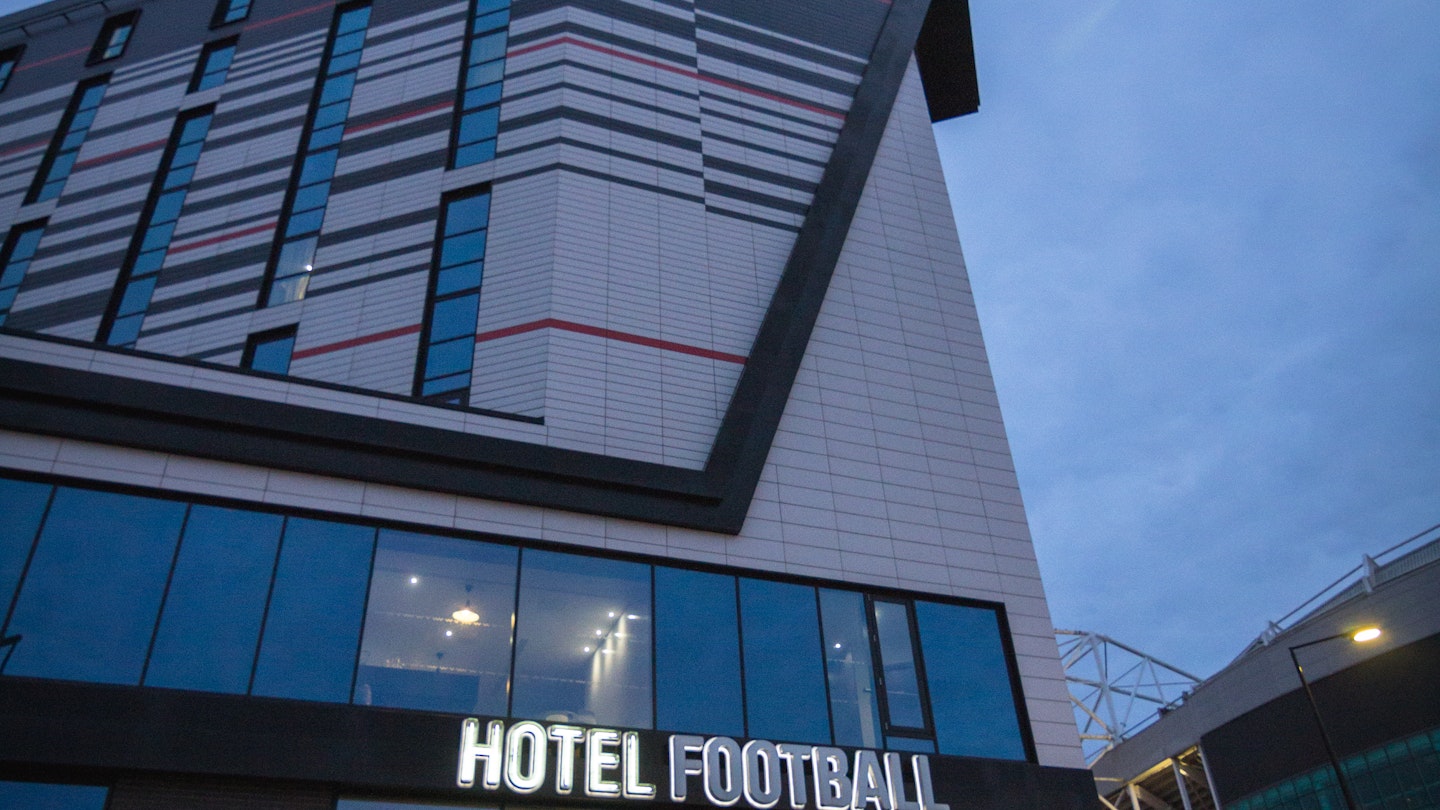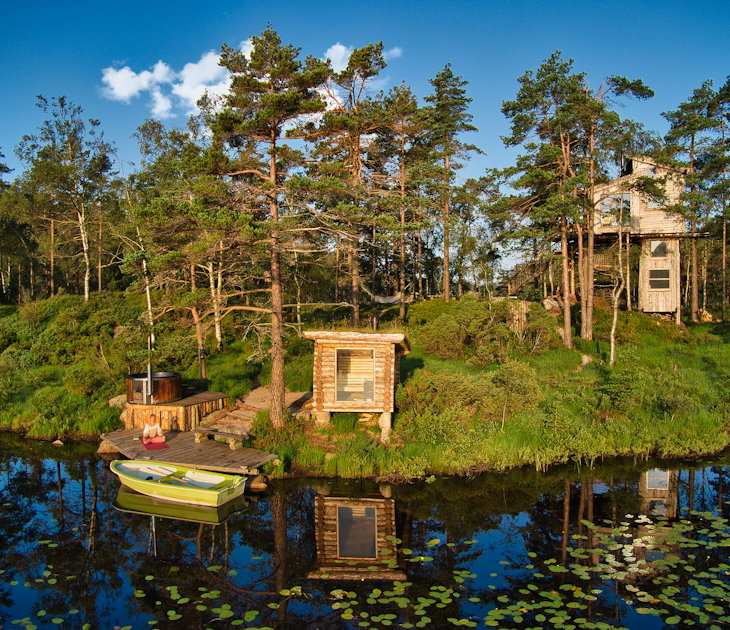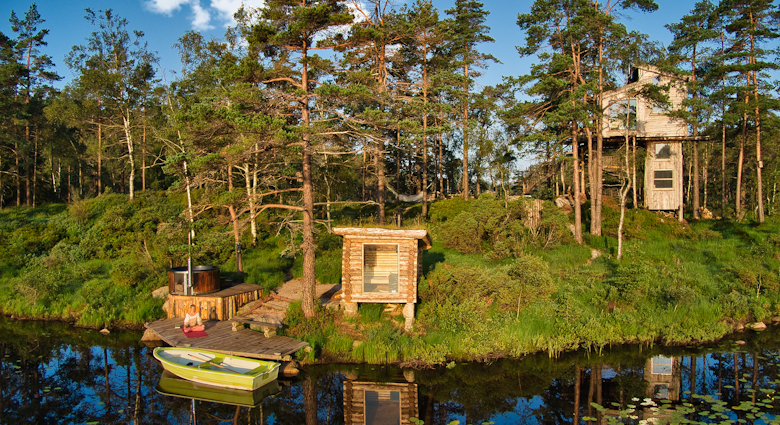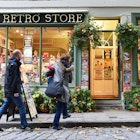As the COVID-19 pandemic continues to escalate, hotels are being repurposed into hospitals to alleviate stress on health systems across the globe.
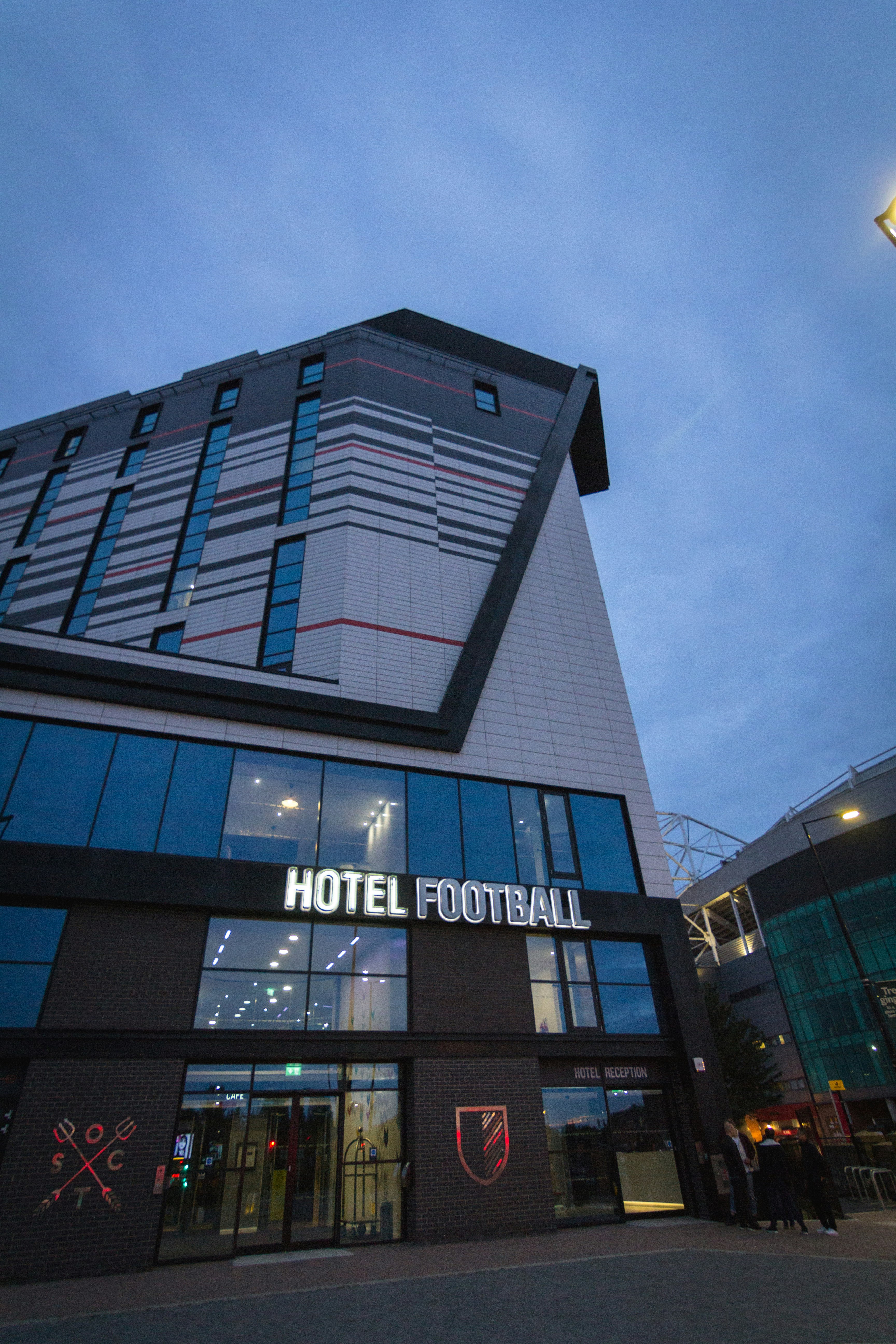
In Manchester, two hotels will soon close to the general public and host a different kind of guest: doctors, nurses and other medical professionals from Britain’s National Health Service (NHS), who are set to face difficult conditions in the coming months as coronavirus cases continue to rise across Europe.
The Stock Exchange Hotel and the Hotel Football at Old Trafford, which are part-owned by former Premiership footballers Gary Neville and Ryan Giggs, will provide 176 rooms free of charge. “By offering both our hotels without cost to the health service we hope that this gives some support to the healthcare professionals in a time when they need it,” said Neville, in a video widely circulated on social media.
Other UK hotels are joining Neville and Giggs in offering their services. Major chains like Hilton, Travel Lodge and Best Western Great Britain are currently in talks attempting to gauge the viability of providing accommodation, or even hospital wards, though the latter requires myriad logistical and safety considerations. Billionaire and owner of the Chelsea football club Roman Abramovich has also offered to help, with an offer to foot the bill for NHS workers who book rooms in the Stamford Bridge Millennium Hotel. A combined effort from numerous chains could see thousands of much-needed rooms being supplied.
Millions of people are projected to contract the coronavirus in coming months. Travel is now greatly curtailed in areas which formerly enjoyed almost complete freedom of movement. At present, all non-essential travel to many parts Europe is advised against, while the United States has implemented a ban on people travelling to the country from the Schengen zone, the UK, Ireland, China and Iran and closed its border with Canada.
The knock-on effect of this is a sharp decline in tourism: short-term lets and hotels have suffered mass cancellations; resorts have closed for business and thousands of flights remain grounded. As hotels lay vacant across the globe, some travel industry figures are offering to help combat the crisis. Many rooms which once hosted travellers will soon become accommodation for doctors and nurses, with some even being transformed into makeshift hospital wards.

In Spain, which is currently on complete lockdown in a bid to prevent the virus being spread further, the 350-plus rooms in Madrid’s Gran Hotel Colon will host patients who are mildly affected by coronavirus, helping reserve Spanish hospitals for severe and critical cases. Italy, which has now surpassed China as suffering the highest death toll from the outbreak, has made similar demands of hoteliers near medical facilities.
Neighbouring France has taken even stricter measures; government-funded childcare services are now on offer for healthcare professionals and the state has taken control of numerous hotels to host medical staff. Meanwhile, several parts of the United States are also in the process of converting hotels for use by medical professionals during the pandemic.
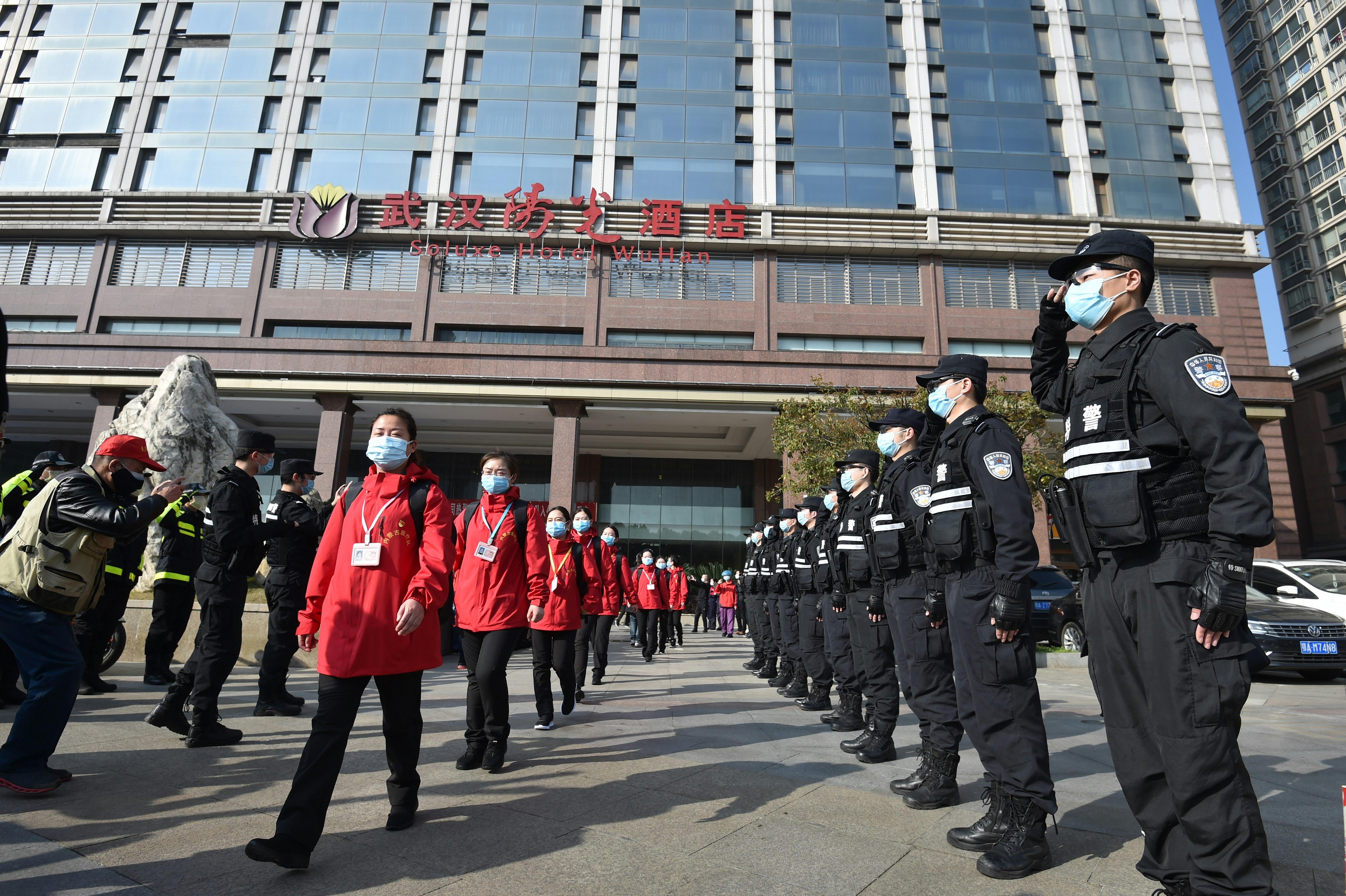
Makeshift accommodation for healthcare professionals has played a vital role in combating the spread of COVID-19. In Wuhan, the Chinese government erected specialised facilities where doctors and nurses treating patients suffering from the coronavirus could stay. This allowed healthcare professionals, who are at a heightened risk of contracting the illness, to be isolated from their families and communities, stunting the spread of COVID-19. It also made it easier for doctors and nurses to reach hospitals as public transport was shut down.
In the absence of a vaccination against the coronavirus, creative solutions to the immense problems soon to be faced by American and European healthcare systems are going to be required. While hotel rooms are far from an ideal setting for providing medical treatment, increasing numbers of doctors, nurses and patients are likely to soon find themselves checking in.
The coronavirus (COVID-19) is now a global pandemic. Find out what this means for travellers.
Read more:
The border between the US and Canada is closing
Will my airline give me a refund due to the coronavirus?
Coronavirus dispatches: writers around North America share their experiences
